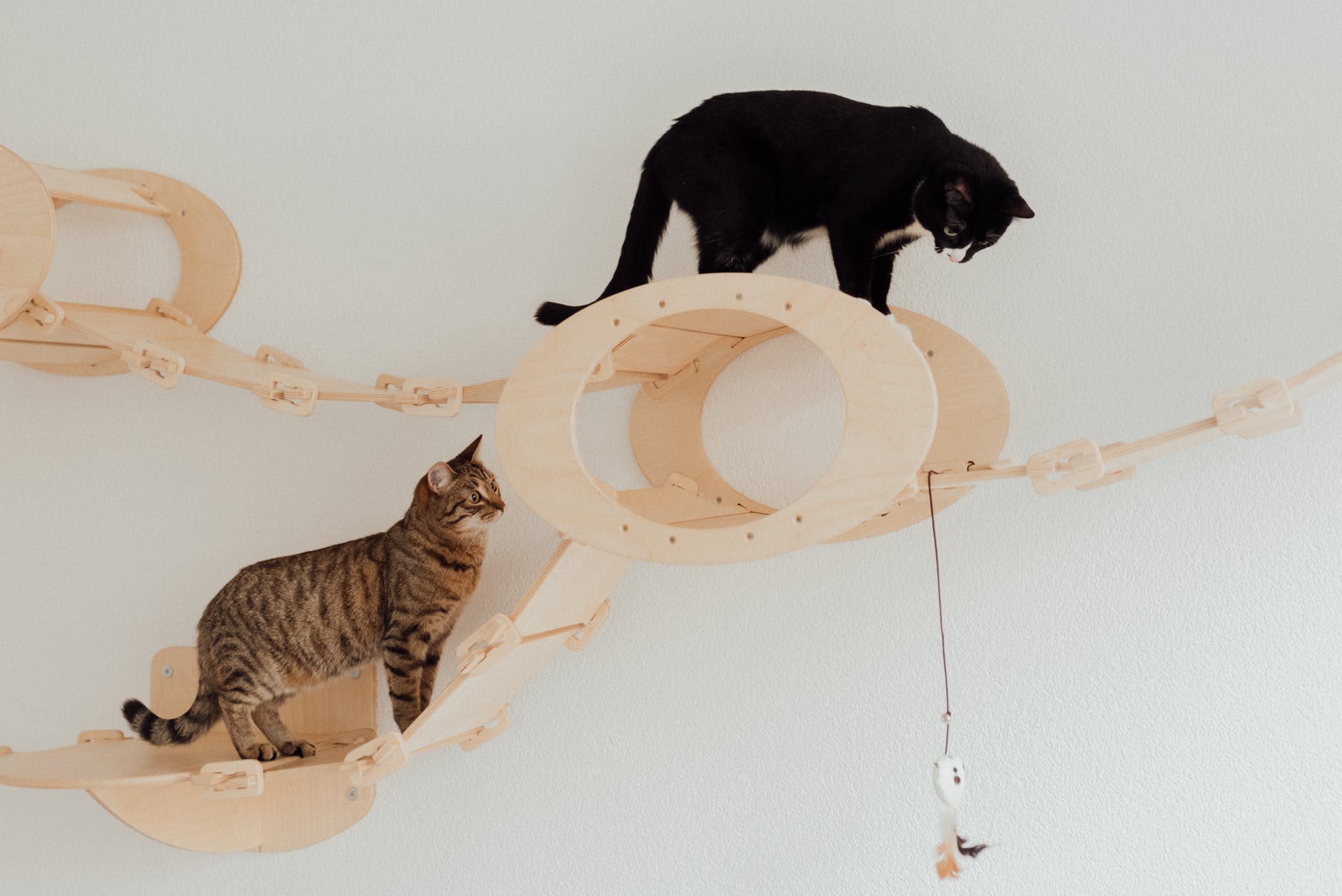
What Kind of Consultations Does Your Pet Need?
The first vet exam for puppies and kittens, routine visits, and senior pet tests may help prevent your pet from suffering, save money, and learn more about your pet. Depending on your pet’s age, there is a specific type of examination. Nevertheless, no matter your pet’s age, the perfect time to take them to the vet is before they become ill or injured since this is known as preventative care. Here are some of the procedures you can expect from these visits.
Puppy and Kitten’s First Exam
If you’re looking for an excellent veterinarian to look after your puppy or kitten, contact in advance to book an appointment. A kitten and puppy vet in Los Angeles will perform a medical examination of your dog or kitten, similar to what you would receive at a physician’s clinic. The veterinarian will examine your pet’s eyes, hearing, and teeth from top to bottom. The patient’s weight, heart, and lungs will be measured and recorded.
Discuss Vaccinations
Pets are just as important as humans to keep safe from infections and diseases; an effective vaccine must be administered at certain ages and intervals. He will generally obtain his first set of vaccines during his first checkup. Most states mandate that pets receive at least a rabies vaccination, which is not administered until they’re older.
Guidance and Recommendations
You should take advantage of your first visit. It enables you to express any concerns or queries concerning your pet. Any possible health issues that the veterinarian notices will be communicated to you. This might include dietary, behavioral, and general care suggestions. Your vet might also discuss spaying or neutering at the initial visit.
Routine Exam
Routine physical examinations aim to prevent conditions and detect early indicators of health problems or sickness so that they can be addressed. If your veterinarian sees your pet regularly, they will be able to keep an eye on their health and screen for diseases.
Every good cat & dog physical exam begins with listening to the patient’s heart. Pneumonia is uncommon in canines, but heart rhythm and valve problems are more prevalent. An EKG is used to measure the electrical activity of the heart. X-rays or an echocardiogram are used to analyze the size and form of the body.
A thorough abdomen examination is needed as part of the physical examination. Every vet has made unexpected findings while examining “normal” pets. Many pet owners were taken aback when they discovered their pet was pregnant, had kidney stones, or had an undiagnosed tumor!
Geriatric Exam
According to the American Veterinary Medical Association, all senior pets should receive geriatric pet checkups at least once a year. Lumps and bumps are checked, which are common in elderly canines. A veterinarian should immediately examine any node that is firm or quickly develops in size.
Managing Weight
Weight gain in senior canines is more common, resulting in health issues, including heart disease and arthritis. Older pets’ metabolisms are slower than those of younger animals. Consult your vet about lowering your pet’s calorie consumption without jeopardizing nutrition.
Mobility Issues
Older dogs have poorer foot stability than younger dogs. For senior dogs, walking on flat surfaces might be intimidating. Getting older cats into cars, furniture, and windowsills might need assistance. To aid your pet develop confidence, lay placemats or towels on smooth flooring.
Mobility issues could stem from age-related problems such as arthritis and rheumatism. Cold laser treatment treats muscle and joint discomfort, arthritic symptoms, and muscle spasms in cats and canines.
Accidents
Geriatric dogs commonly urinate or defecate in the house or outside of the litter box. This sudden lapse might signal health difficulties such as diabetes, arthritis, urinary tract infections, or kidney failure if they haven’t had an accident in years. A senior pet care specialist should evaluate your pet.
An animal urgent care specialist is needed for accidents and other serious illnesses that need immediate attention.
Conclusion
Vet examinations, such as first visits, routine care, and senior care, are always suggested for the same reason that your physician and dentist do. If you spot a problem early on, it’s more likely to be treated and cured with less money and effort. Your vet will take the time to discuss any findings with you after your cat or dog’s assessment is complete and they have been immunized. If your veterinarian notices any symptoms of disease or injury, they will talk to you about further in-depth diagnosis and treatment choices.
